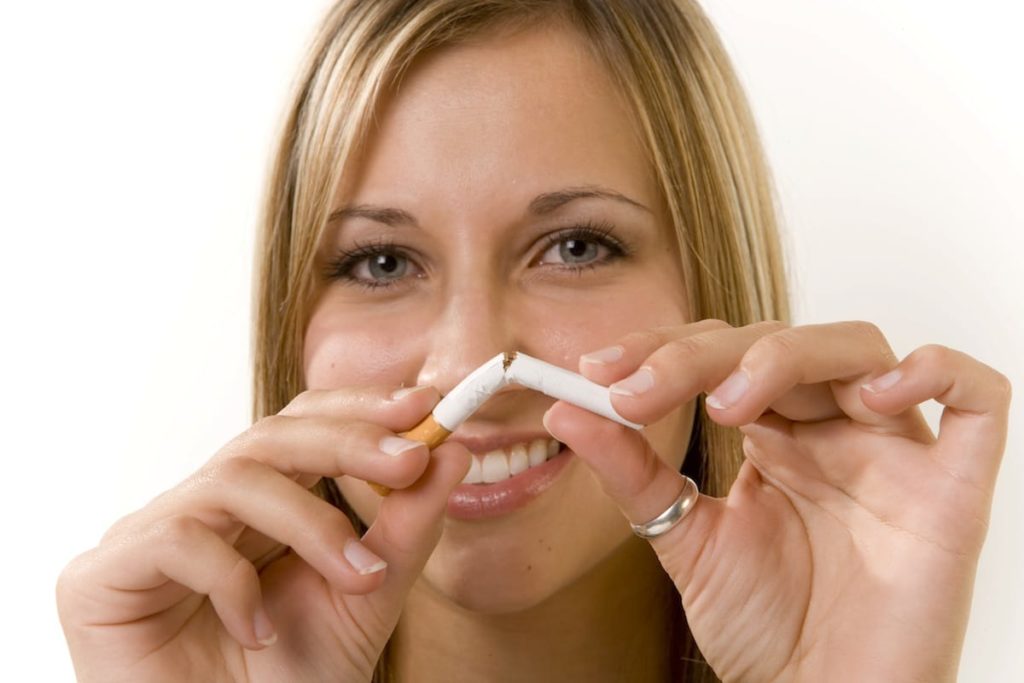“The best thing for being sad … is to learn something,” the magician Merlin counsels his young pupil, Wart, in the fantasy classic The Once and Future King. And the latest insights from science seem to confirm that conclusion, with the implication that encouraging your teen’s studies may be their best defense against addiction and potentially other forms of mental illness like depression.
How Enriched Learning Can Prevent Addiction
Groundbreaking research has begun to shed light on exactly how enriched learning serves to prevent addiction. A new UC Berkeley study found that even a short amount of time in an intellectually rewarding environment rewires the brain and buffers it from addiction. Such is the case, at least, among mice, as Berkeley researchers discovered after tracking cocaine cravings in 70 adult male rodents. They found that those mice placed in an environment with daily enrichment —in the form of drills that rewarded exploration with food —were less likely to seek out cocaine than those obliged to stay in their cages, deprived of such stimulation. Dr. Linda Wilbrecht, PhD, an assistant professor of psychology and neuroscience at UC Berkeley, was the senior author of the paper that outlined her team’s findings in the latest issue of the journal Neuropharmacology. Dr. Wilbrecht summarized those findings this way in a recent article for Berkeley News: “We have compelling behavioral evidence that self-directed exploration and learning altered their reward systems so that when cocaine was experienced, it made less of an impact on their brain … our data are exciting because they suggest that positive learning experiences, through education or play in a structured environment, could sculpt and develop brain circuits to build resilience in at-risk individuals, and that even brief cognitive interventions may be somewhat protective and last a relatively long time.” In other words, a rewarding learning environment rewires the brain, so that the brain is:
- more resilient to the lure of drugs — even when a drug like cocaine is readily available and easy to access
- less prone to the addictive physical effects of a highly addictive drug like cocaine
- less likely to seek out a drug like cocaine in the first place
Mental Health Benefits of Reading
Still other research suggests that encouraging your child to read may be one of the best things you can do for their mental, physical and emotional health. And better mental, physical and emotional health can help to keep your teen drug-free and less prone to addiction. A recent article in the New Yorker chronicles some of the benefits that reading confers, including:
- better sleep
- lower stress levels
- higher self-esteem
- greater empathy
- lower rates of depression
Such findings reinforce older claims that reading can be therapeutic, as the same article elaborates. “Bibliotherapy,” the practice of using books for therapeutic purposes, has been around since the early 20th century and continues to this day in various forms, from literature courses for prison inmates to reading circles for elderly people with dementia. And in 2013, a study in the magazine Science found that reading literary fiction (as opposed to popular fiction such as Danielle Steel novels) improved social perception and empathy skills — qualities that also impove mental health in both children and adults.
Learning Enrichment and Teen Drug and Alcohol Addiction
Such insights can offer hope, not just to parents seeking to protect their teen from a first-time experience with drugs, but also to those whose teen has a diagnosed drug and alcohol addiction, for whom the prospect of treatment and recovery may seem daunting. Now they can take heart: a learning-enriched teen treatment program really can benefit their child and help them find long-term sobriety from a debilitating disease. So can a little encouragement to turn off the TV and pick up a book. Sources:
- “Intellectual pursuits may buffer the brain against addiction,” Berkeley News
- “Century Marks,” The Christian Century, July 8, 2015
- “Can Reading Make You Happier?,” The New Yorker






